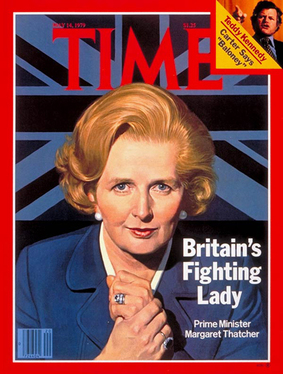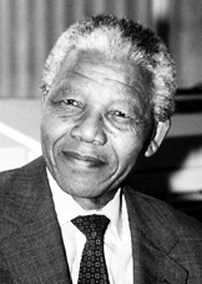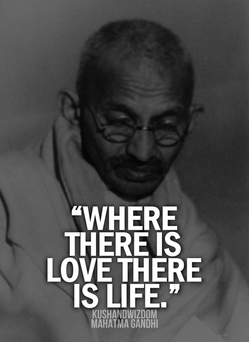 In the 20th century African American's living in the United States experienced an era of segregation that separated them socially, politically, and economically from the white citizens. The Civil Rights Bill was first proposed by President Lyndon B. Johnson as well as the issuing of the Voting Rights Act, which outlawed literacy tests for African Americans. In more attempts to end segregation, Race Riots, Malcolm X's influence, and the Black Panther Party all commenced. By 1975 129 countries gave women the right to vote, although they were not treated equally in means of education and pay. Margaret Thatcher was the first woman elected head of state in Europe, following with Indira Ghandi as the first Female president in India. Both elections were steps closer to equalizing women's rights. With the introduction of birth control, women gained the right of choice, whether or not they wanted to be a mother and when. Next came the issue of equal pay for women, with the solution of more women entering politics.
 In 1948 an all white National Party came to power. This brought in apartheid, which was their main agenda. This brought white supremacy which meant blacks could not marry outside their own race, choose where to live or travel where they pleased. TheAfrican National Congress was created to resist the Apartheidand their leaders were often put in jail. They wanted a non racial democracy. Nelson Mandela became the leader of that party. He was arrested in 1964 and put there for life. He became a symbol of the resistance/revolution. The UN condemned the apartheid system in 1952.
 Ghandi was a big part of Indias history. He led with a style of protest calledpacifism (non-violent resistance). He used many hunger strikes and civil disobedience to resist the british. He would do everything against britain but it would all be peaceful and non-violent. He believed that Hindus and Muslims could share an independent India with support from his right hand man Jawaharlal Nehru. he declares independence for India on January 26th, 1930. He used his hunger strikes and civil disobedience to bring attention to their independence with the rest of the world. One of his civil disobediences was his protest against the British tax on salt. He walked from Sabarmati, Ashram to Dandi,Gujarat to get salt (240 miles). His independence movement was one of the most famous around India, and the world. Ghandi would have won a Nobel Peace Prize but died before he could receive it, and because he was opposing the British he was unable to be given one.
|



 RSS Feed
RSS Feed